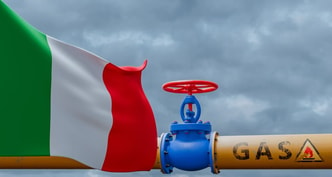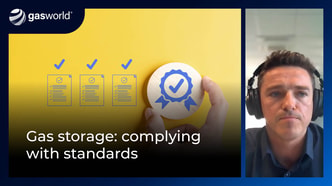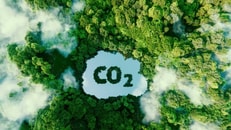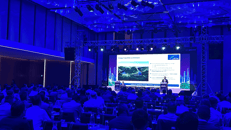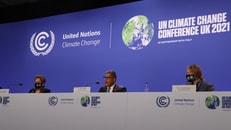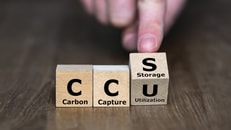Energy partners trial diesel generator carbon capture in Western Australia
Energy company Horizon Power has completed a three-month trial of carbon capture, utilisation and storage (CCUS) technology for diesel generators, in partnership with Melbourne-based start-up Kapture.
The pilot, conducted in Perth, marked the first real-world deployment of Kapture’s system, which captures CO2 directly from generator exhaust and converts it into a storable sediment for later use in concrete production.
In a previous project with Perth-based concrete manufacturer PERMAcast, Kapture demonstrated the permanent sequestration of captured carbon into concrete, replacing a portion of traditional cement ingredients with the carbon-rich byproduct. According to Kapture, the results of that demonstration “exceeded expectations.”
During the Perth trial, Horizon Power and Kapture used a standalone power system generator to evaluate the system’s impact on generator performance and carbon capture efficiency.
... to continue reading you must be subscribed





